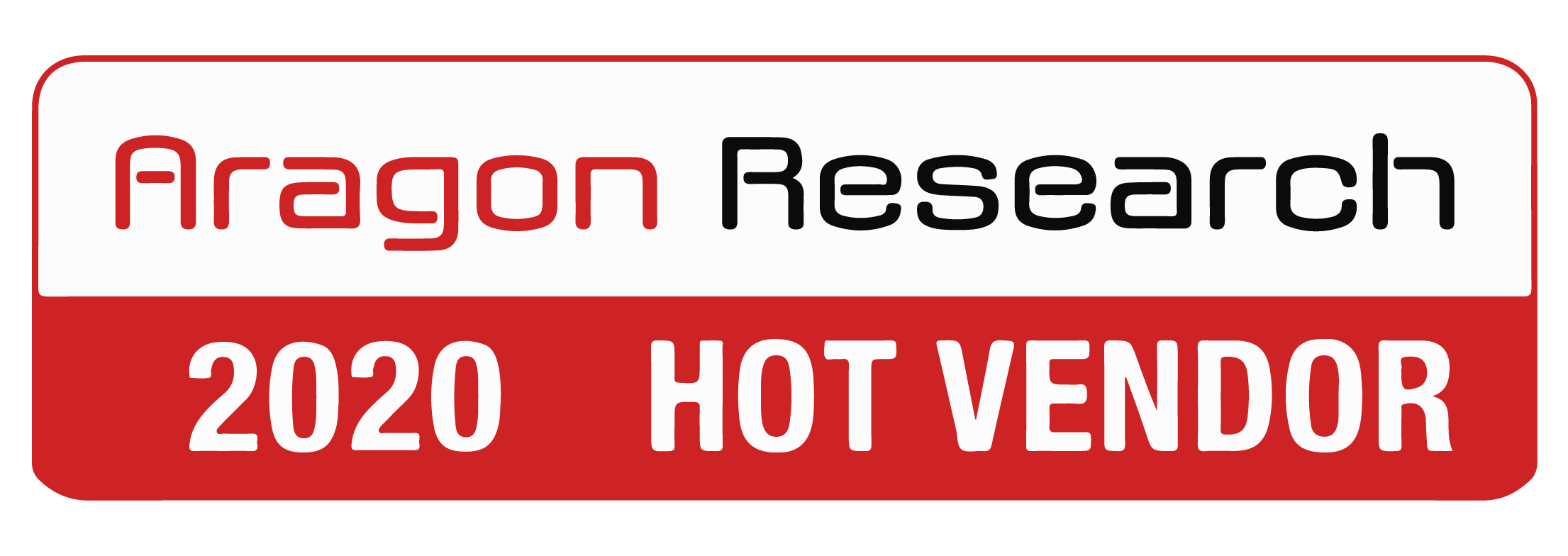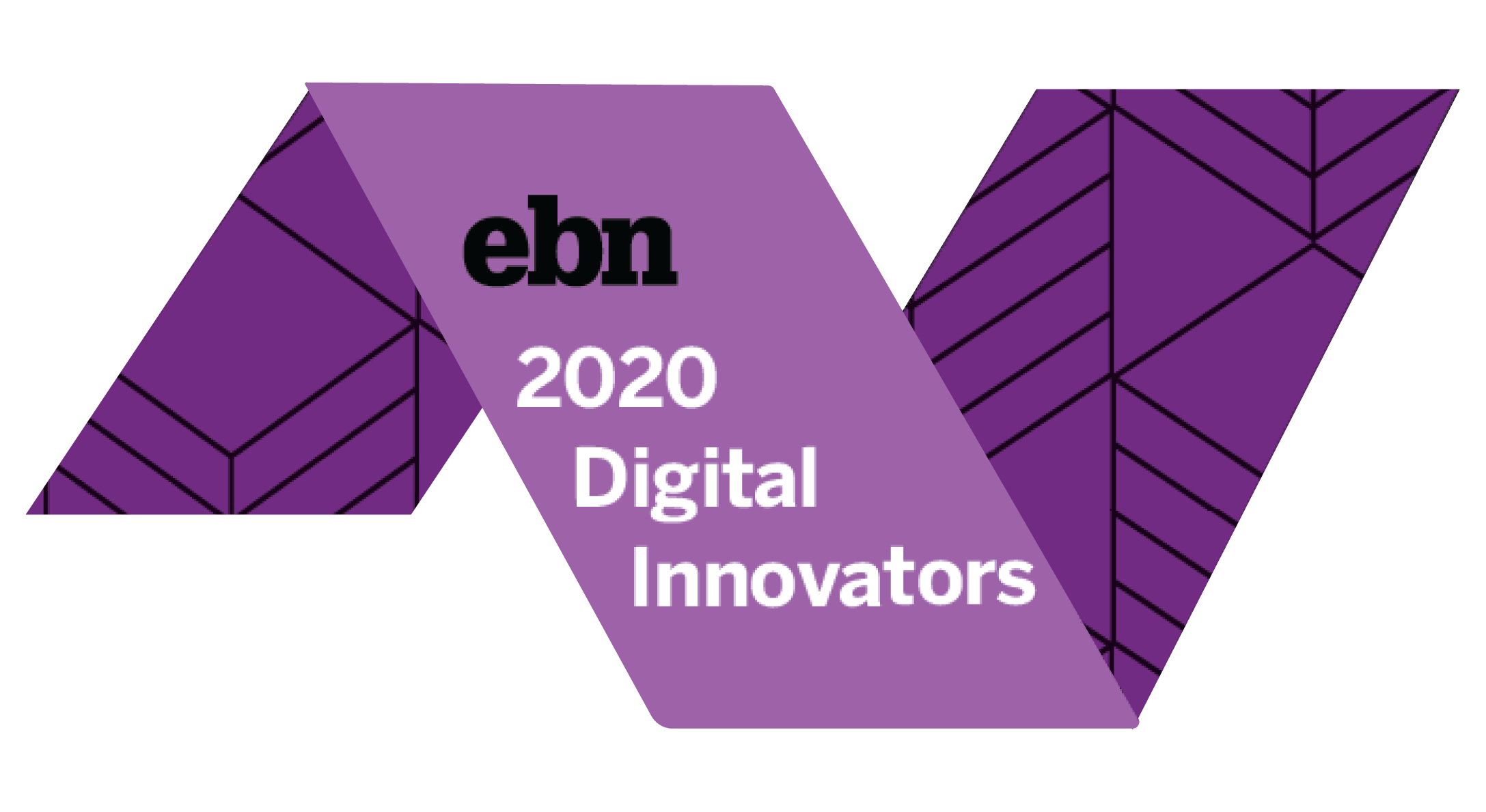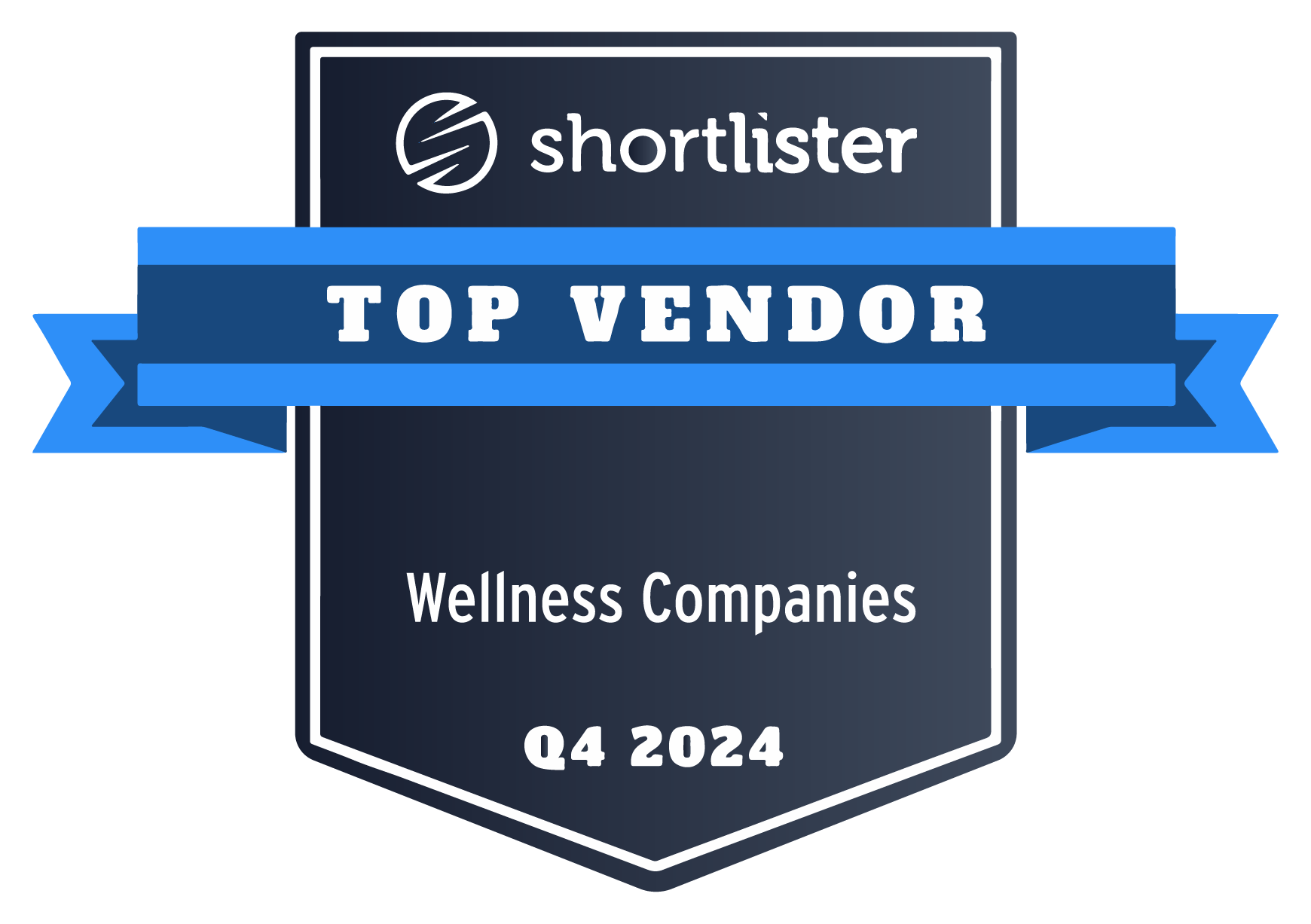
As we continue to celebrate Black Family Month this July, it is essential to acknowledge and address the persistent racial wealth gap that exists in our society. The wealth disparity between Black and white families is a longstanding issue that has deep-seated implications for economic stability and opportunities.
Understanding the Racial Wealth Gap
To comprehend the significance of addressing the racial wealth gap, let’s examine some compelling statistics. According to recent data, the net worth of the average white household is about ten times that of the average Black household. This disparity is a result of various historical and systemic factors, including:
- Historical injustices: Centuries of racial discrimination, including slavery, segregation, redlining, and discriminatory lending practices, have contributed to the wealth gap we see today.
- Limited access to quality education: Disparities in educational opportunities have hindered Black individuals’ ability to acquire the necessary credentials for higher-paying jobs, thereby limiting their wealth-building potential.
- Wage gaps and employment discrimination: Persistent wage gaps and employment discrimination continue to impede the financial progress of the Black community, making it harder for them to accumulate wealth over time.
- Unequal access to homeownership and housing discrimination: Black families have historically faced challenges in accessing affordable housing, building home equity, and benefiting from rising property values, which are key drivers of wealth accumulation.
Closing the Racial Wealth Gap
Employers play a vital role in addressing the racial wealth gap by implementing inclusive policies and practices that support economic empowerment for Black employees. Here are some strategies to consider:
Pay equity and transparency:
Employers should conduct regular pay equity analyses to identify and rectify any wage disparities based on race.
Create a diverse and inclusive workforce by implementing recruitment strategies that actively seek out and promote Black talent. Encourage mentorship programs and career development initiatives to foster advancement opportunities for all employees.
Holistic financial wellness programs:
Establish programs to provide financial education and skill-building opportunities specifically tailored to address the unique challenges faced by Black employees. This includes workshops on personal finance, homeownership, and investment strategies.
Provide comprehensive financial education programs that address the specific financial challenges and opportunities experienced by Black employees. These programs should cover topics such as budgeting, debt management, saving and investing, homeownership, and retirement planning. Tailoring the content to reflect diverse experiences and incorporating cultural nuances can help foster engagement and empower employees to make informed financial decisions.
One-on-one financial coaching sessions where employees can seek guidance on managing debt, creating emergency funds, or navigating complex financial situations. Access to knowledgeable financial professionals who understand the unique financial challenges faced by Black employees can be invaluable in promoting financial well-being.
Homeownership support:
Consider partnering with organizations that provide homeownership counseling, down payment assistance programs, and support for Black employees aiming to become homeowners. Promoting access to affordable mortgage products and combating discriminatory lending practices are vital steps toward reducing the homeownership gap.
Encourage employee resource groups (ERGs):
These affinity groups, composed of employees who share common backgrounds or identities, provide a platform for fostering a sense of belonging, promoting professional development, and addressing the unique needs of underrepresented communities, including Black employees. Employers can support and empower ERGs focused on financial empowerment, wealth-building, and financial literacy. These groups can facilitate the sharing of resources, experiences, and best practices, while also driving awareness and advocacy for equitable financial opportunities within the organization. Employers should actively engage with ERGs, provide them with resources and support, and leverage their insights to shape and implement inclusive policies and programs that address the specific financial challenges faced by Black employees. By fostering a sense of community and providing a safe space for open dialogue, ERGs can contribute significantly to the collective efforts of closing the racial wealth gap and creating a more equitable workplace.
Supplier diversity and business partnerships:
Encourage the inclusion of Black-owned businesses in your supply chain and establish strategic partnerships with minority-owned enterprises. Supporting these businesses fosters economic growth within the Black community.
Philanthropic initiatives:
Engage in philanthropic efforts that target racial and economic equity, supporting organizations that promote financial literacy, entrepreneurship, and economic empowerment within the Black community. Encourage employee involvement by implementing charitable matching programs where the company matches employee donations to eligible organizations focused on addressing the racial wealth gap.
Black Family Month serves as a reminder to employers of their responsibility to address the racial wealth gap and promote economic empowerment for Black employees. By building a diverse and inclusive workforce, promoting equitable compensation practices, and providing opportunities for advancement, employers can contribute to the much-needed progress in closing this divide.














